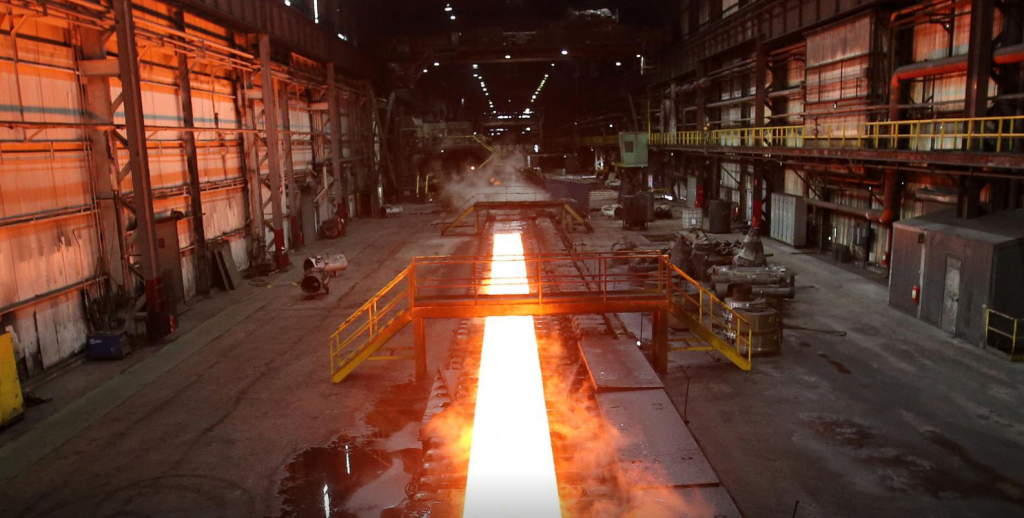
The U.S. Court of International Trade upheld former President Donald Trump’s “Section 232” U.S. national security tariffs on steel imports on Thursday, denying a steel importer’s challenge to the duties.
A three judge panel at the New York-based federal court, which hears challenges to trade actions under U.S. laws, found that the Commerce Department and Trump properly applied a Cold War-era trade law in imposing the tariffs.
Trump imposed 25% tariffs on imported steel and 10% on imported aluminum from most countries in 2018, arguing that these protections were necessary for U.S. national security to maintain healthy domestic production.
He invoked Section 232 of the Trade Act of 1962, which allows the president to restrict imports of goods critical to national security.
Universal Steel Products Inc, a New Jersey steel importer, had argued before the court that the legal process used to imposed the tariffs was “procedurally deficient” and did not specify an expiration date, there was no “impending threat” to U.S. national security and Trump exceeded his discretionary authority in applying the tariffs to steel and aluminum, which are commodity products.
The panel of judges disagreed, writing here that Section 232 “grants the president latitude in evaluating whether imports threaten the national security. The statutory language makes clear that the list of factors to be considered in determining whether a threat exists is nonexclusive.”
The American Iron and Steel Institute, which represents steelmakers, industry groups welcomed the decision. It urged current U.S. President Joe Biden to maintain them to protect the industry from a flood of excess global production, largely centered in China, that has only grown since the tariffs were first imposed.
“President Biden has acknowledged importance of addressing global overcapacity and I think he understands that these tariffs are important for national security,” said Kevin Dempsey, AISI president.
Biden signaled that he is likely to keep the tariffs in place on Monday, when he reversed a tariff exemption on aluminum imports from the United Arab Emirates that had been granted by Trump on his last day in office.
Maintaining tariffs on UAE aluminum is “necessary and appropriate in light of our national security interests” Biden said in a proclamation.





























